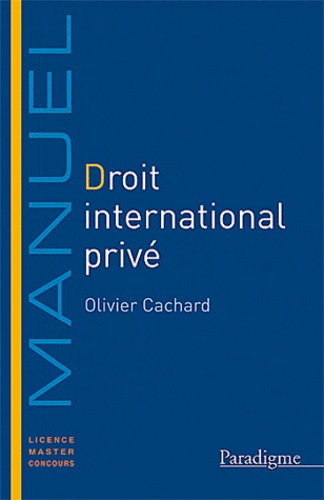In October 2012, the U.S. Court of Appeals for the Second Circuit interpreted the pari passu clause contained in Argentinian bonds as meaning that all bondholders would be treated as least equally with any other external creditor. As a consequence, U.S. courts issued an injunction ordering Argentina to treat equally bondholders who had refused to participate in previous debt restructuring, and thus directing that whenever Argentina would pay on the bonds or other obligations that it issued when it restructured its debt, it would also have to make a “ratable payment” to plaintiffs who hold initial defaulted bonds.
Plaintiffs included NML Capital, a creditor which refused to participate in the debt restructuring and instead sued Argentina in U.S. Courts for defaulting on the bonds it holds. Readers will recall that NML won and has since then sought to enforce the U.S. judgments throughout the world, and that Argentina could sometimes resist enforcement on the ground of its sovereign immunity.
Assisting Argentina in Evading the Injunction
On August 23rd, 2013, the same U.S. Court of Appeals addressed another issue: whether bondholders who participated in the restructuring, and that Argentina is happy to pay, might be held in contempt of court if they actually accepted payment.
The injunction only directs Argentina to treat equally bondholders. Bondholders, therefore, are not parties to the injunction. However, as third parties, they might still be found to be in contempt of court if they assisted Argentina in evading the injunction, i.e. in accepting payment when Argentina would not pay NML.
Many of those third parties being based abroad, in particular in Europe, they challenged that they could be reached even indirectly by the injunction.
Due Process
The first argument that comes to mind was of course that the U.S. court might lack jurisdiction over these third parties. Put differently, the injunction could not have an extraterritorial effect. The Court postponed the resolution of the issue by ruling that it had not issued any injunction against the third parties, and that its jurisdiction over them was thus irrelevant. It would only become so when a third party would be brought to the court in contempt proceedings. It would then be a proper party to the contempt proceedings, and could raise any defense it would want, including of course lack of jurisdiction.
Remarkably, before getting into this discussion, the Court had denied third parties the right to intervene in the proceedings and to become parties. This was because, the Court ruled, their “interests were not plausibly affected by the injunction”… Third parties are, the Court held,
creditors, and, as such, their interests are not plausibly affected by the injunctions because a creditor’s interest in getting paid is not cognizably affected by an order for a debtor to pay a different creditor. If Argentina defaults on its obligations to them, they retain their rights to sue.
The foreign creditors were thus denied the right to appeal, but the Court deigned to admit them to offer comments as amici curiae.
Interestingly enough, while being denied the right to become parties to the proceedings, third parties were allowed to ask the court for clarification on the scope and meaning of the injunction, so that they could know whether any given action would be a breach.
The result is that third parties may participate in the US proceedings as long as they comply, but they may not if they are unpolite and intend to disagree.
An interesting question is whether this would be regarded as comporting with procedural fairness on the other side of the Atlantic, and whether a European court would find that the US jugdment finding a third party in contempt for any action taking place before it would have been given the right to be heard violates procedural public policy.
 The second edition of Professor Olivier Cachard’s manual on private international law was just released.
The second edition of Professor Olivier Cachard’s manual on private international law was just released. The 10th edition of the French manual of Loussouarn, Bourel and Vareilles-Sommieres on private international law was published a few weeks ago.
The 10th edition of the French manual of Loussouarn, Bourel and Vareilles-Sommieres on private international law was published a few weeks ago. The latest issue of the Journal of Private International Law was just released.
The latest issue of the Journal of Private International Law was just released.